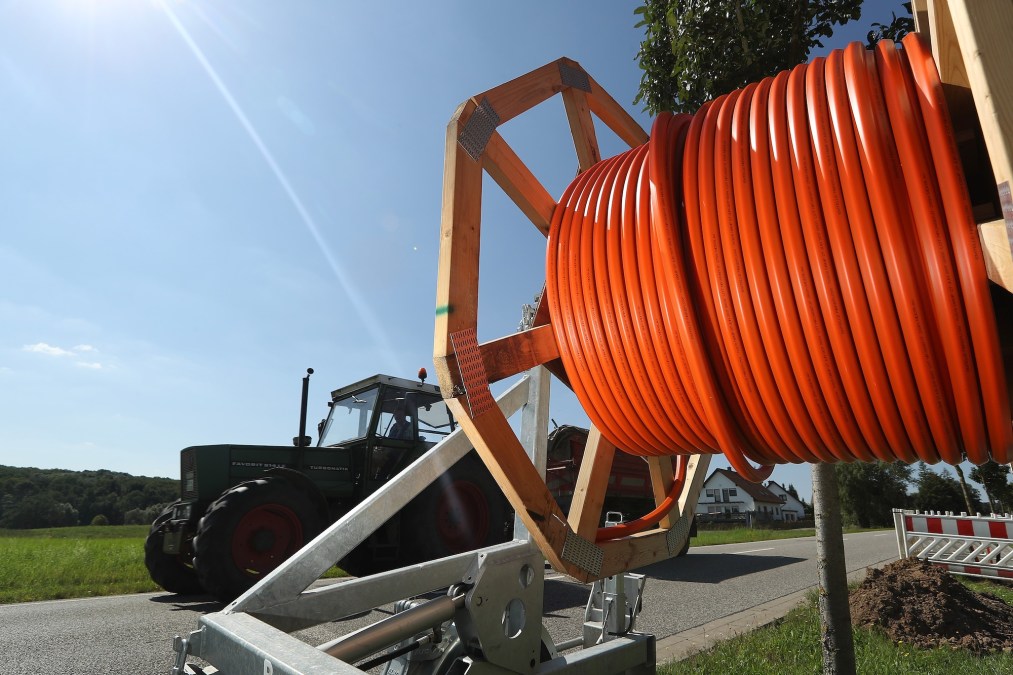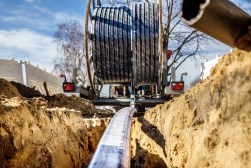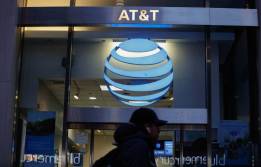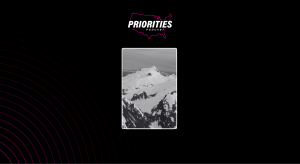FCC prohibits ‘digital discrimination’ in new broadband rules

On Wednesday, the Federal Communications Commission voted to formally adopt rules intended to enable equal access to broadband internet by prohibiting “digital discrimination” by service providers.
The adoption of the rules, which were first published as a public draft at the end of October, fulfills part of a mandate included in President Joe Biden’s 2021 infrastructure law. The law gave the FCC until this month to adopt rules that facilitate equal access to broadband internet service by preventing “digital discrimination” and “digital redlining,” which is when broadband providers purposefully leave low-income customers on older, slower broadband infrastructure while upgrading infrastructure in wealthier communities.
The federal agency also offered a formal definition of “digital discrimination of access.” This includes the policies or practices of an internet service provider that “differentially impact consumers’ access to broadband internet access service based on their income level, race, ethnicity, color, religion or national origin.”
To be found as discriminatory, the provider’s policies or practices must also not be justified by genuine issues of technical or economic feasibility — meaning that there is proof that other providers or similar entities have achieved success in expanding or upgrading coverage. The FCC states in the rules that it will investigate potentially discriminatory conduct of broadband providers and other entities affect consumer access to broadband. The FCC’s existing enforcement rules were amended to specifically authorize investigations regarding “digital discrimination” of access.
The rules build on the FCC’s work to make equal access to broadband a reality. In February of 2022, the agency announced a “digital discrimination” task force that focuses on creating policies to limit discrimination people face when trying to access affordable broadband. It covers discrimination based on ZIP code, income level, ethnicity, race, religion and national origin.
According to the public draft of the new rules that were released at the end of last month, the task force has engaged in “significant outreach” nationwide since its formation last year. This outreach, which includes public listening sessions and surveys, was for the FCC to understand the depth of problems people face in accessing broadband, particularly by people in historically excluded, low-income, rural and marginalized communities.
Along with the new rules, the FCC issued a Further Notice of Proposed Rulemaking, which allows the FCC to seek comment on certain measures. The notice proposes that each provider be required to submit an annual, publicly available supplement to the FCC’s national broadband map. The supplement would describe the providers’ major deployment, upgrade and maintenance projects completed or “substantially completed” in the preceding calendar year.
The FCC’s notice also proposes that each provider be required to establish a mandatory, internal compliance program to ensure it regularly assesses whether and how its policies and practices advance or impede equal access to broadband internet service in its service areas.






